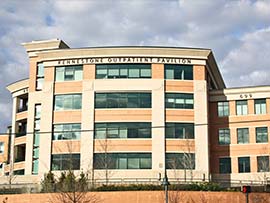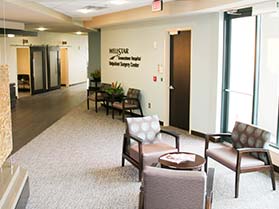Decreasing Your Risk For Developing Osteoporosis
If you have blonde hair, blue eyes and a slight build, you may be genetically at a higher risk for developing Post-Menopausal Osteoporosis. Osteoporosis literally stands for “porous bones.” Post-Menopausal Osteoporosis is caused by reduced Estrogen levels due to Menopause. The reduced Estrogen levels lead to an increased rate of bone resorption. When the rate …



